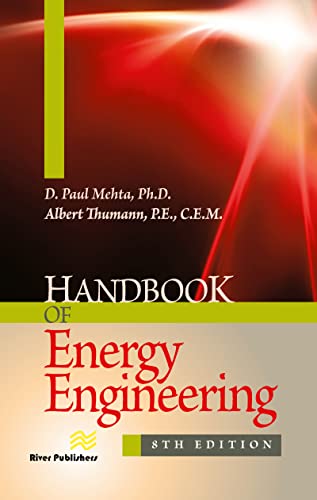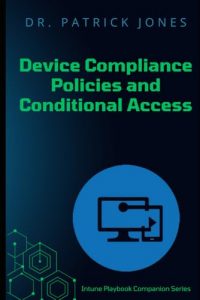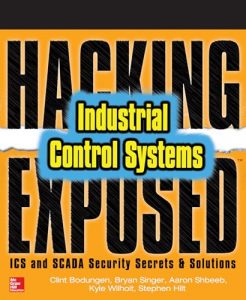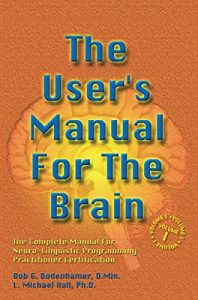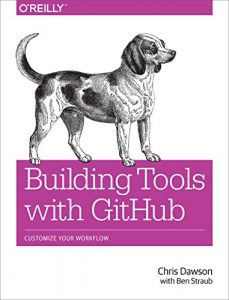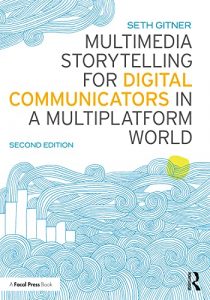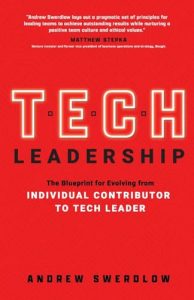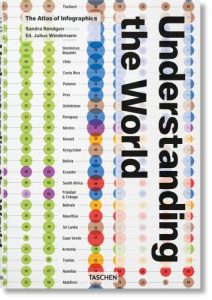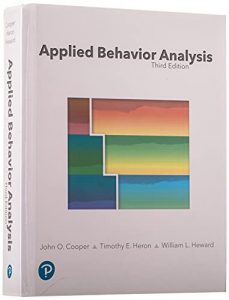1. Handbook of Energy Engineering (Energy Engineering and Systems)
This comprehensive guide authored by D. Paul Mehta and Albert Thumann is essential for anyone looking to delve into energy engineering. It covers a broad range of topics, from energy efficiency to sustainable energy economics. Its practical approach ensures that readers gain not just theoretical knowledge but also the skills necessary for effective energy management. The book is especially useful for engineers, program managers, and energy consultants wishing to deepen their understanding of energy systems. It’s a well-structured resource that balances theory, application, and real-world case studies.

2. Effective Implementation of an ISO 50001 Energy Management System (EnMS)
Marvin T. Howell’s book presents a comprehensive view of ISO 50001, a global standard for energy management systems. This release serves as a thorough guide for organizations aiming to reduce their energy consumption and improve their bottom line. Readers will appreciate Howell’s straightforward guidance on documenting, implementing, and conducting internal audits of energy management systems. The book not only highlights the importance of compliance but also emphasizes energy saving as a strategic advantage.

3. Automating Building Energy Management for Accelerated Building Decarbonization
James Kempf’s latest book is timely and relevant, providing insight into the architecture required for decarbonization of buildings via automation. As the world pushes towards sustainable energy, this book highlights strategies for integrating renewable sources into building management systems. It covers network layers crucial for ensuring seamless energy management which is essential for architects, engineers, and energy managers. This insightful read provides tools that can fast-track buildings’ transitions to energy-efficient infrastructures with reduced carbon footprints.

4. Energy-Efficient Building Systems
This book by JAYAMAHA is a fantastic resource for understanding the intricacies of energy-efficient systems in buildings. It discusses various energy-efficient technologies and strategies that engineers and designers can implement to optimize energy performance. This is coupled with case studies that provide practical examples of how design impacts energy consumption. Anyone interested in green architecture and building practices will find this book packed with valuable insights.

5. Energy Systems Analysis And Management
“Energy Systems Analysis and Management” by SMACNA covers critical contemporary developments within energy systems. Its academic approach addresses various components such as energy forecasting, resource allocation, and system optimization. This book is essential for researchers and professionals looking to expand their knowledge in energy system management. The analytical tools and techniques discussed are applicable across a wide range of industries, making it a versatile addition to anyone’s library.

6. Practical Power System Operation (IEEE Press Series on Power and Energy Systems)
Ebrahim Vaahedi’s volume serves as a detailed manual for operating power systems effectively. This book explores real-life scenarios that practitioners may encounter, offering practical solutions that can be directly applied in the field. It emphasizes the importance of operational practices and their impact on system reliability and performance. For engineers in the power sector, this guide is a quintessential tool for mastering the complexities of power system operations.

7. Distributed Energy Resource Management System A Complete Guide – 2021 Edition
This guide published by The Art of Service is must-have for those involved in distributed energy resource management. It covers every inch of resource management with clarity and precision. With the rise of decentralized energy resources, understanding how to manage them is crucial. This book assists organizations in strategizing their energy resources to achieve optimal efficiency and performance—perfect for energy managers and policy-makers alike who are looking to stay ahead in the field.

8. Energy Management System for Dispatchable Renewable Power Generation
Al-Hinai and Alhelou explore innovative energy management approaches catered towards dispatchable renewable resources. This book dives deep into frameworks that can facilitate renewable energy generation while ensuring reliability and stability. The discussions revolve around critical management strategies that will pave the way for cleaner power systems, making it invaluable for anyone interested in the transition to renewable energy. The solutions and methodologies proposed help bridge the gap between traditional and renewable energy management.

9. Maintaining Mission Critical Systems in a 24/7 Environment
Peter M. Curtis’ insightful book emphasizes the importance of maintaining critical systems that operate around the clock. This guide tailors its information for those involved in technical management, detailing strategies to ensure reliability and performance under constant operational pressures. It’s an essential read for professionals who oversee mission-critical facilities and desire to improve their operational efficiencies through best practices and guidelines.


